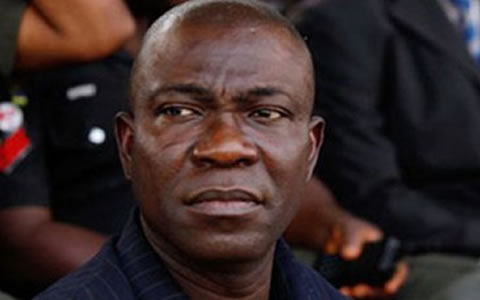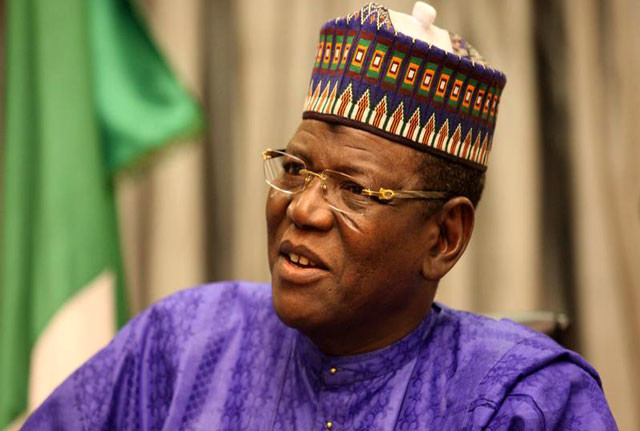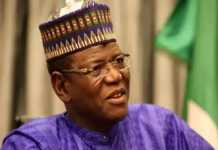 President Goodluck Jonathan’s rumoured re-election bid may have hit the rocks following the insistence of the Senate Committee on the Amendment of the 1999 Constitution that the six-year single term proposal must begin in 2015.
President Goodluck Jonathan’s rumoured re-election bid may have hit the rocks following the insistence of the Senate Committee on the Amendment of the 1999 Constitution that the six-year single term proposal must begin in 2015.
Chairman of the committee and Deputy Senate President, Ike Ekweremadu, in an exclusive interview said that contrary to speculation that the proposal was targeted at Jonathan, stressed there is no way that could be possible as there was no indication that he (President) was intent on seeking a second term.
Ekweremadu’s insistence is coming on the heels of a statement credited to the President’s Special Adviser on political matters, Ahmed Gulak, who was quoted as saying that the single tenure proposal was targeted at the President and first term governors.
Gulak was quoted to have said, “You can’t short-change some people in the name of amending the constitution. I’m sure there will be some considerations and the proposal will fail.
“The President and some governors were elected under a constitution that allows them to contest two terms of four years each. You can’t change the rule midway.”
Also, speaking in a more recent interview on the proposal, Gulak said the Presidency would support the amendment only if it would take effect in 2019 after Jonathan might have contested and won the 2015 presidential elections.
But, Ekweremadu, while responding to Gulak’s position said that it would be begging the question of why the committee would target an individual who has yet to tell anyone he was running in 2015.
He said, “President Jonathan has not told anybody that he wants to run in 2015, has he? He has not told anybody so, why are we speculating?
“If the President is running in 2015, at the appropriate time, he will make up his mind. Our proposal wouldn’t have been targeted at somebody who has not said he is running in 2015.
“Please let us leave Mr. President out of the present scenario. The issue is whether it is good for Nigeria or not. If it is good for Nigeria, the President, I know, will respect it.
“The argument should be: will it serve the best interest of Nigerians and help promote our democracy? Will it engender sustainability in the system?
“If the answer is yes, I think the President will not have any problem with it. But if the answer is no, every other person including the President will have a problem with it.
“Let us be objective and not subject it to people’s whims and caprices. It is the people’s assessment of the recommendation that I think will help us.
“Once we begin to have a subjective assessment of it, we are going to run into problems” he said.





I like dx
The senate is doing an excellent bill in by putting six-year single tenure into law but it is better to allow first time office holder to recontest.